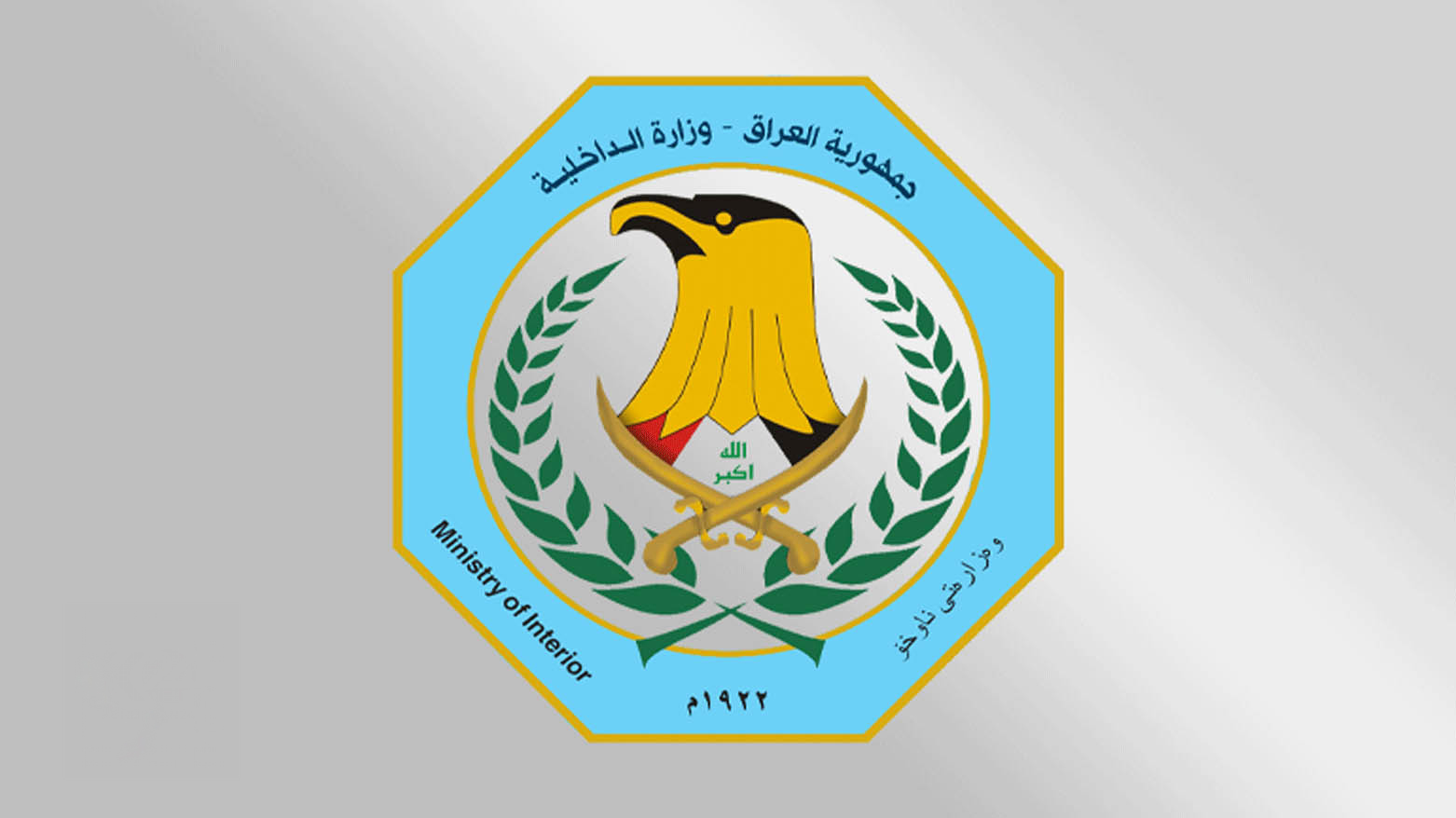Baghdad Bans All Protests Ahead of Arab League Summit
The Interior Ministry emphasized that the protest ban is comprehensive, covering all slogans, banners, and objectives, regardless of the protestors’ intent, warned that anyone attempting to demonstrate between May 11 and May 20 would be arrested, with security forces empowered to take legal action.

ERBIL (Kurdistan24) — Iraq’s Interior Ministry has officially banned all forms of public protest—regardless of name, purpose, or location—during the days surrounding the upcoming Arab League Summit in Baghdad, citing security imperatives and a zero-tolerance stance against demonstrations.
In a statement released Saturday, the Iraqi Interior Ministry announced the prohibition of any kind of public demonstration during the period of the Arab League Summit, which is set to begin in Baghdad on Sunday, May 11. The ministry stated that no permits would be granted for protests of any kind, and warned that anyone attempting to demonstrate between May 11 and May 20 would be arrested, with security forces empowered to take legal action.
The ministry emphasized that the protest ban is comprehensive, covering all slogans, banners, and objectives, regardless of the protestors’ intent. Authorities warned that any violation would be considered illegal and that law enforcement and security units would be deployed to maintain public order with strict adherence to national security laws.
On Friday, May 9, Iraq’s Joint Operations Command issued a directive raising the security alert level for all military and security units to “Condition C” — the country’s highest readiness posture. According to a security source, the order was sudden and directly tied to ensuring the safety and stability of the Arab League Summit, during which a high-profile delegation of Arab leaders is expected to arrive in Baghdad.
The Arab League Summit comes at a politically sensitive time for Iraq, as Baghdad attempts to position itself as a regional diplomatic hub despite persistent internal unrest and governance challenges. The decision to implement a blanket protest ban underscores the government’s concern over potential disruptions or dissent, particularly in a climate marked by public frustration over economic hardships, and corruption.